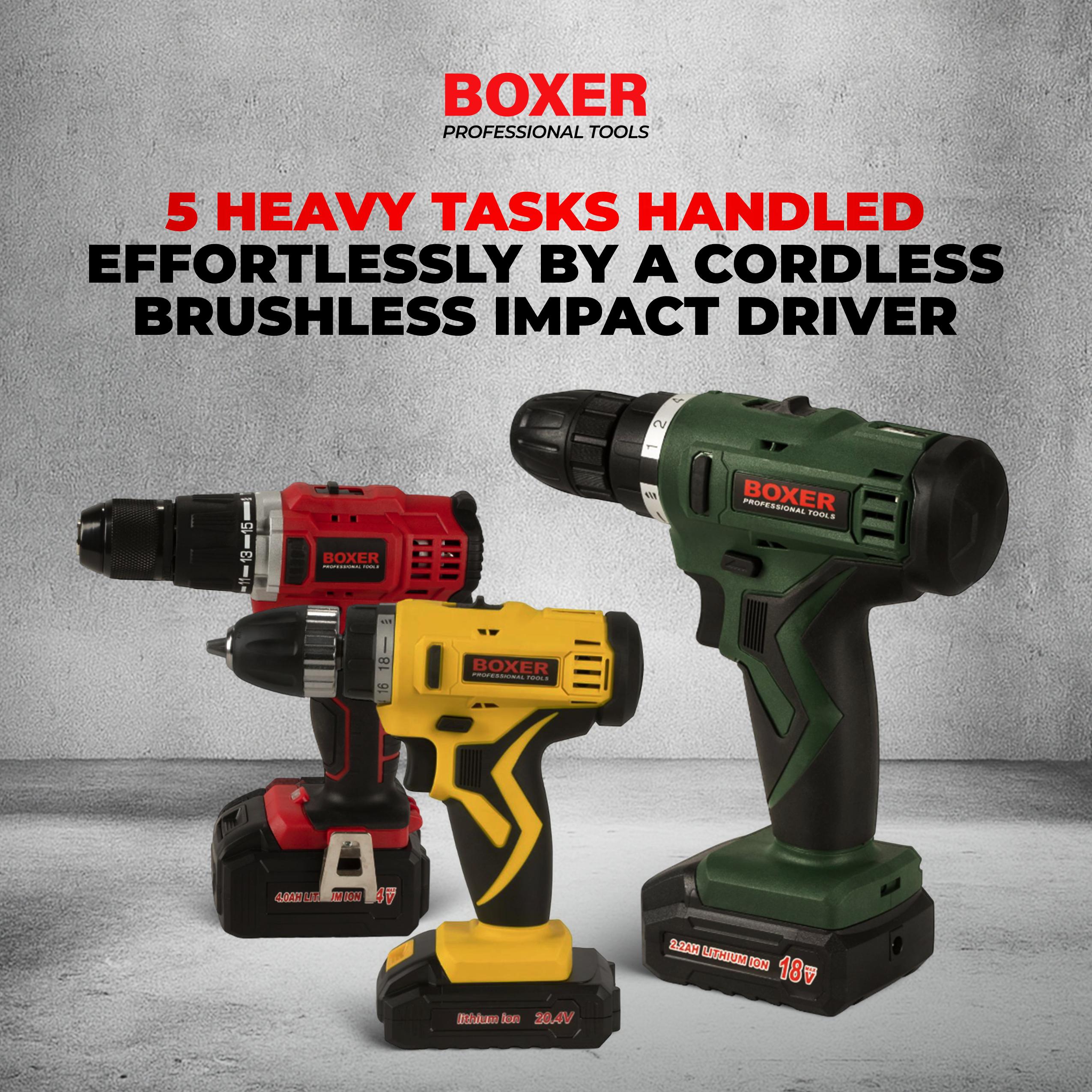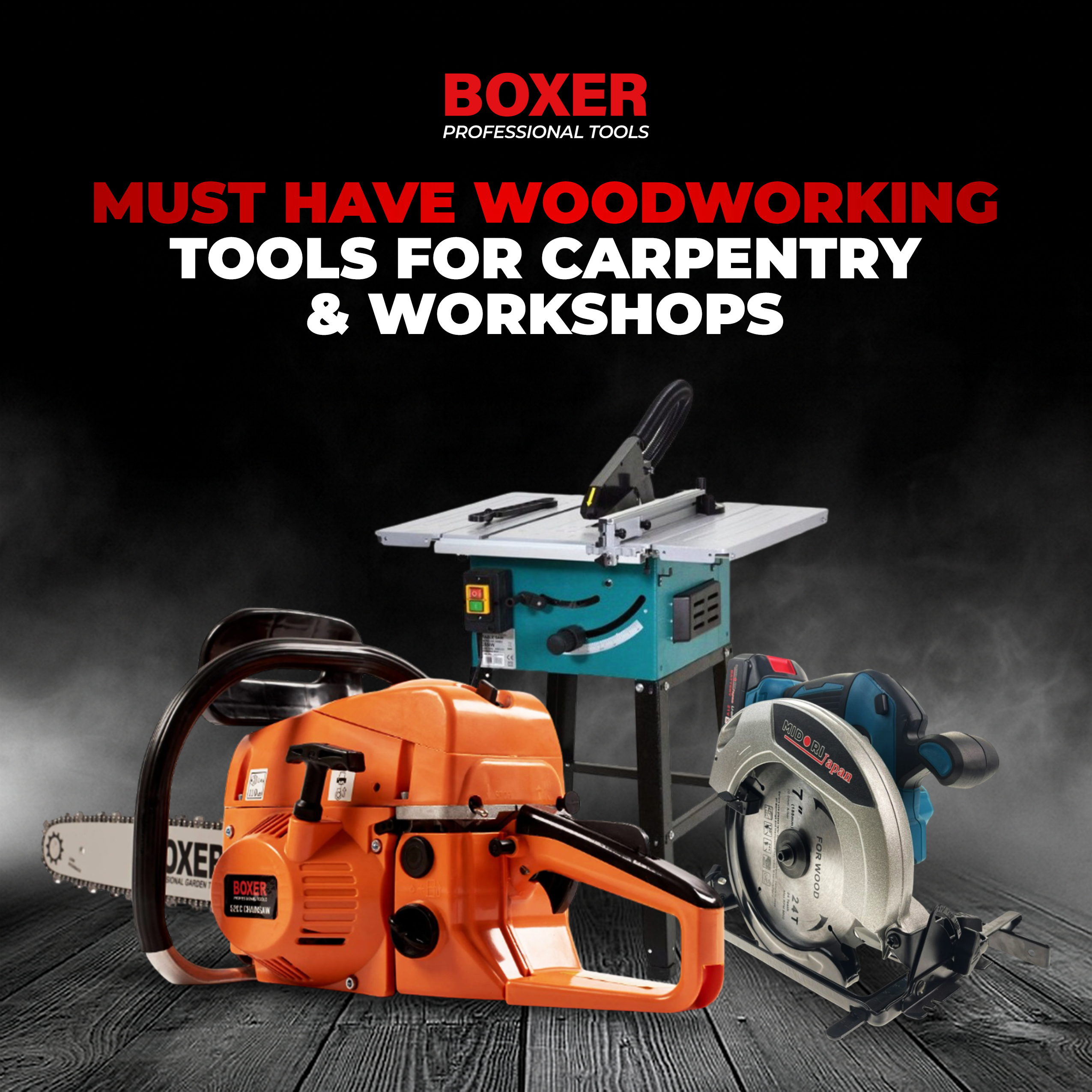
Chainsaw Buying Tips: Get the Best Value for Your Money
Chainsaws have become indispensable tools for professionals and DIY enthusiasts alike. Their ability to cut through wood quickly and efficiently makes them essential for tasks like tree felling, limbing, and firewood cutting. However, with the wide variety of chainsaws available in the market, choosing the right chainsaws one can be overwhelming. This guide aims to equip you with the knowledge needed to make an informed decision and get the best value for your money.
Understanding Your Needs
The first step in selecting the right chainsaw is to identify your specific needs and requirements. Consider the following factors:
- Frequency of Use: How often will you be using the chainsaw? If you only need it for occasional tasks around the house, a smaller, less powerful model might suffice. On the other hand, professionals who use chainsaws daily require a robust and durable machine.
- Type of Work: The type of work you plan to do with the chainsaw will influence your choice. Felling large trees demands a powerful chainsaw with a long bar, while limbing and pruning require a lighter and more maneuverable model.
- Experience Level: If you're a beginner, opt for a chainsaw that is easy to start and operate. Experienced users can handle more advanced models with additional features.
Types of Chainsaws
Chainsaws can be broadly classified into the following categories:
- Electric Chainsaws: These chainsaws are powered by electricity and are ideal for light to medium-duty tasks around the house. They are relatively quiet and produce zero emissions, making them environmentally friendly. However, they are limited by the length of their power cord.
- Gas Chainsaws: These chainsaws are powered by gasoline and are known for their power and portability. They are suitable for heavy-duty tasks and can be used in remote locations where electricity is not available. However, they are louder and produce emissions.
- Battery-Powered Chainsaws: These chainsaws are powered by rechargeable batteries and offer a balance between power and convenience. They are quieter than gas chainsaws and produce zero emissions. However, their runtime is limited by the battery capacity.
Key Factors to Consider
When evaluating different chainsaws, keep the following factors in mind:
- Engine Power: The engine power determines the chainsaw's cutting capacity. Gas chainsaws are generally more powerful than electric or battery-powered models. Choose a chainsaw with sufficient power for your intended tasks.
- Bar Length: The bar length refers to the length of the cutting blade. A longer bar can handle larger trees, while a shorter bar is more maneuverable for pruning and limbing.
- Chain Pitch and Gauge: The chain pitch refers to the distance between the drive links, while the chain gauge refers to the thickness of the drive links. These parameters determine the chainsaw's cutting speed and aggressiveness.
- Weight and Balance: The weight and balance of the chainsaw affect its ease of use and maneuverability. A lighter chainsaw is easier to handle, especially for overhead tasks.
- Safety Features: Safety is paramount when operating a chainsaw. Look for features like a chain brake, anti-vibration system, and kickback protection.
Maintenance and Care
Proper maintenance is crucial to ensure your chainsaw's longevity and optimal performance. Follow the manufacturer's recommendations for regular maintenance tasks like:
- Chain Sharpening: A sharp chain is essential for efficient cutting. Dull chains can cause kickback and increase the risk of accidents.
- Air Filter Cleaning: A clean air filter prevents dust and debris from entering the engine and causing damage.
- Spark Plug Replacement: Replace the spark plug periodically to ensure proper ignition and engine performance.
- Fuel and Oil Mixture: For gas chainsaws, use the correct fuel and oil mixture as recommended by the manufacturer.
Additional Tips
- Buy from a Reputable Dealer: Purchase your chainsaw from a reputable dealer like Boxer Tools in Poland. They can offer expert advice and ensure you get a quality product.
- Try Before You Buy: If possible, try out the chainsaw before making a purchase. This will help you assess its weight, balance, and ease of use.
- Invest in Safety Gear: Always wear appropriate safety gear, including gloves, eye protection, hearing protection, and protective clothing.
- Get Trained: If you're a beginner, consider taking a chainsaw safety course. This will equip you with the knowledge and skills needed to operate a chainsaw safely.
Choosing the right chainsaw involves careful consideration of your needs, budget, and the type of work you intend to do. By following the tips in this guide and considering the factors mentioned above, you can make an informed decision and get the best value for your money. Remember, a good quality chainsaw, coupled with proper maintenance and safety practices, can be a valuable asset for years to come.
Remember: Boxer Tools in Poland is your one-stop shop for all your chainsaw needs. We offer a wide selection of high-quality chainsaws from leading brands, along with expert advice and exceptional customer service. Visit us today and find the perfect chainsaw for your needs.
Copyright © 2026 Boxertools | Powered By Orance Media Group








